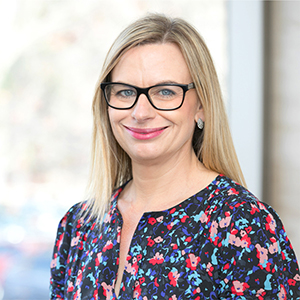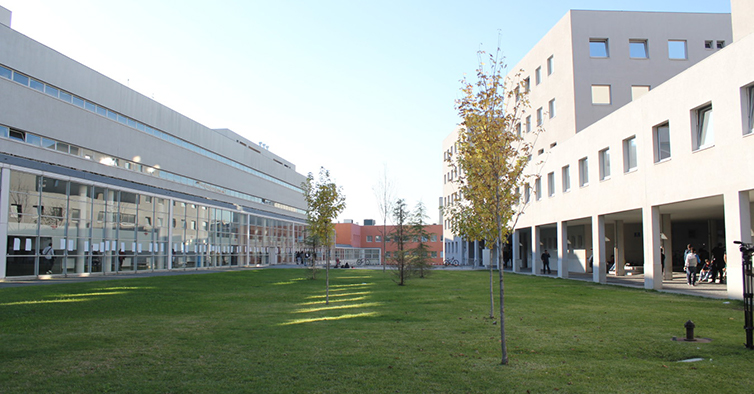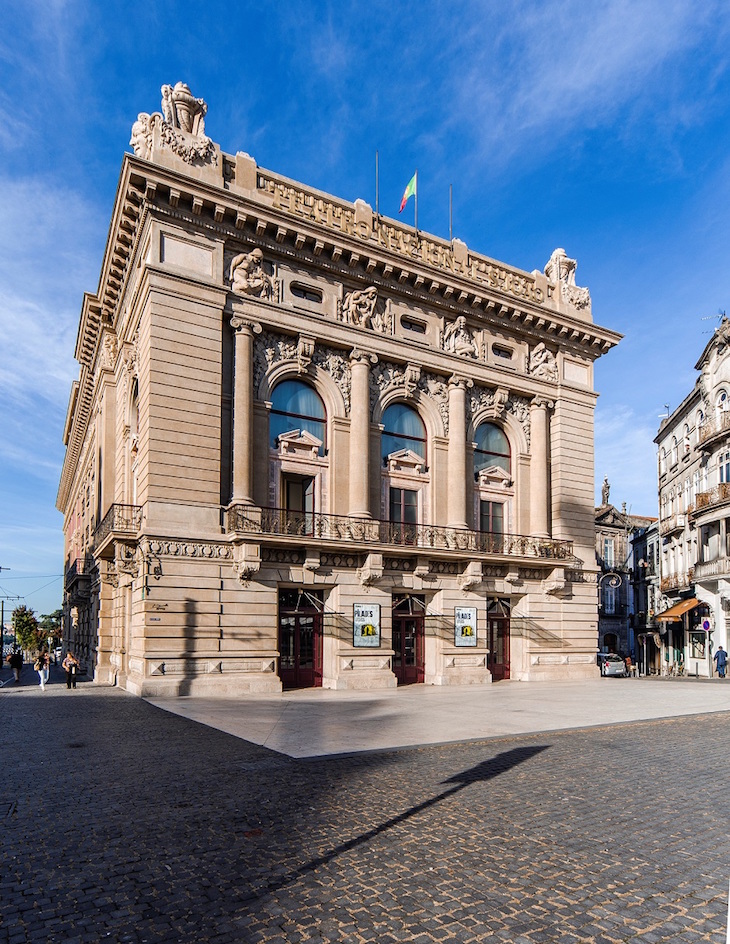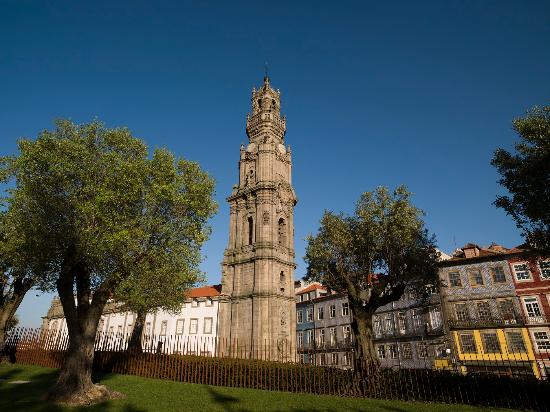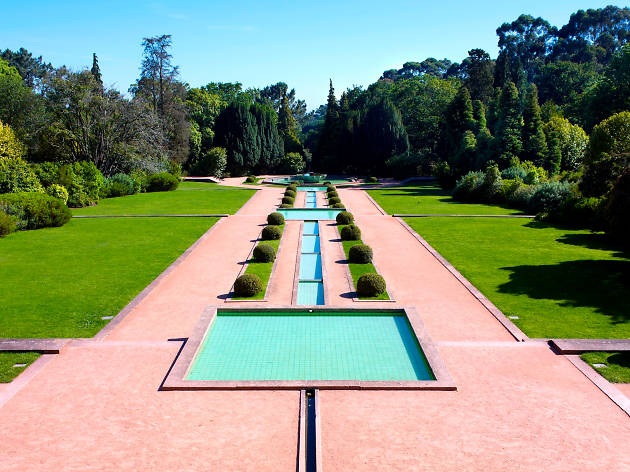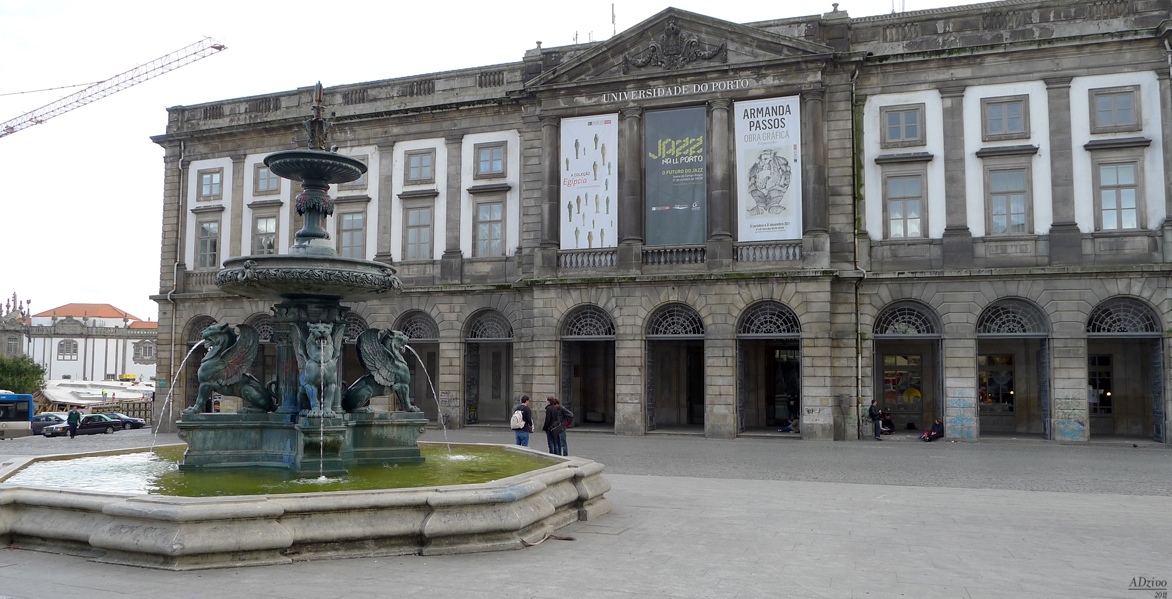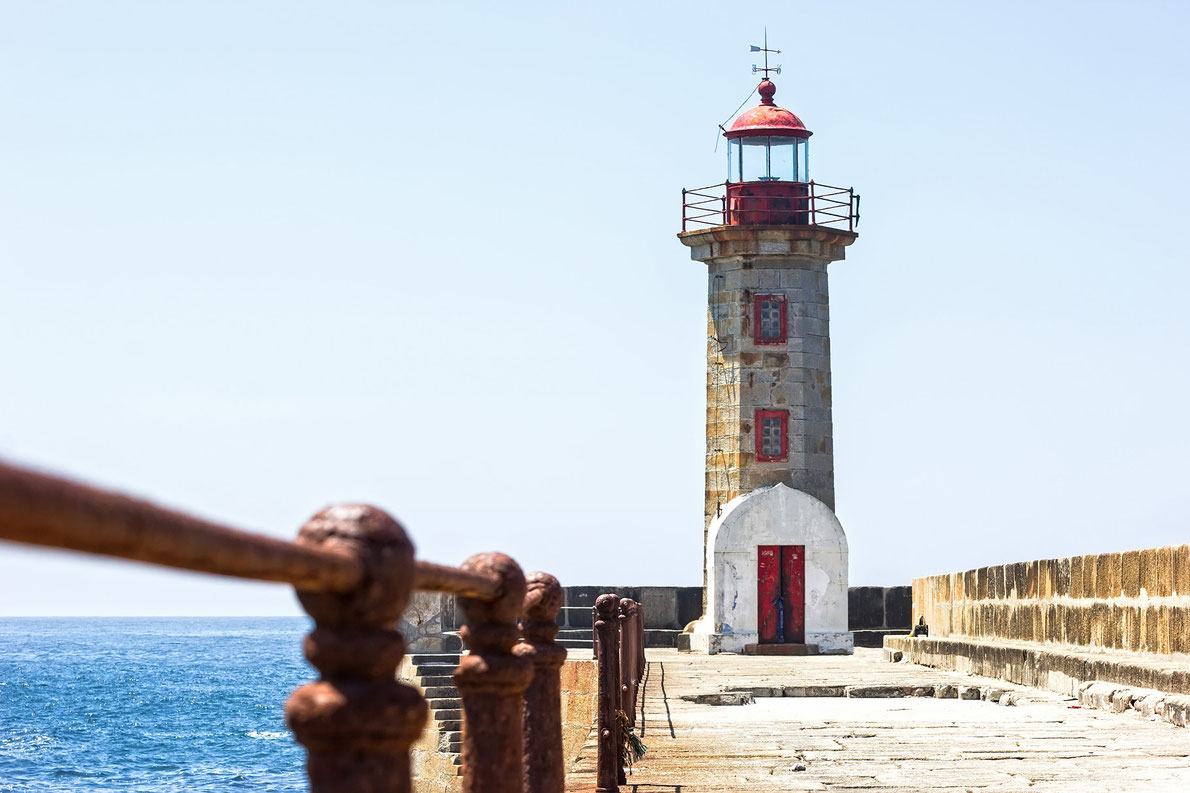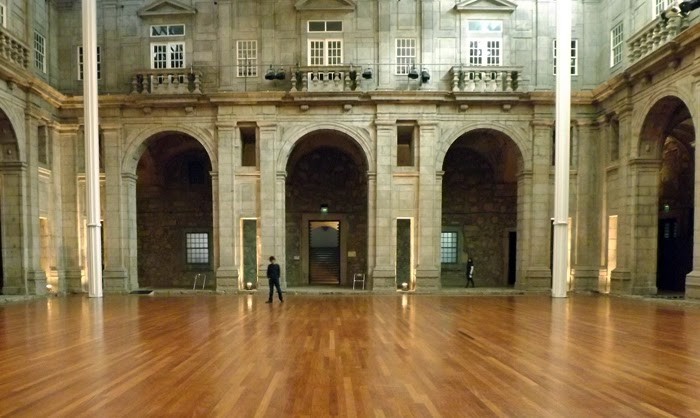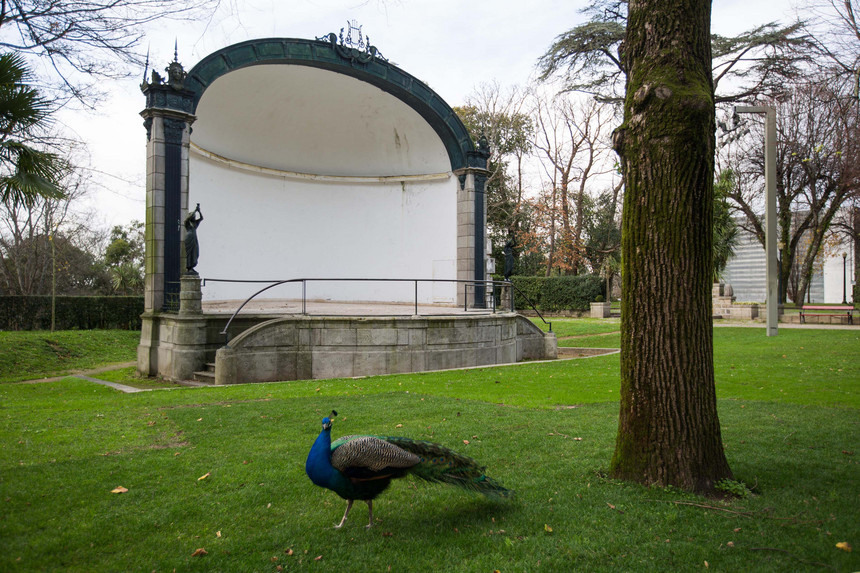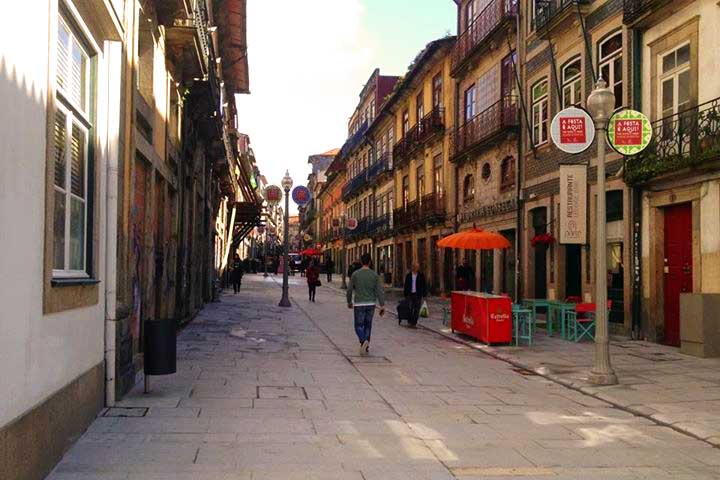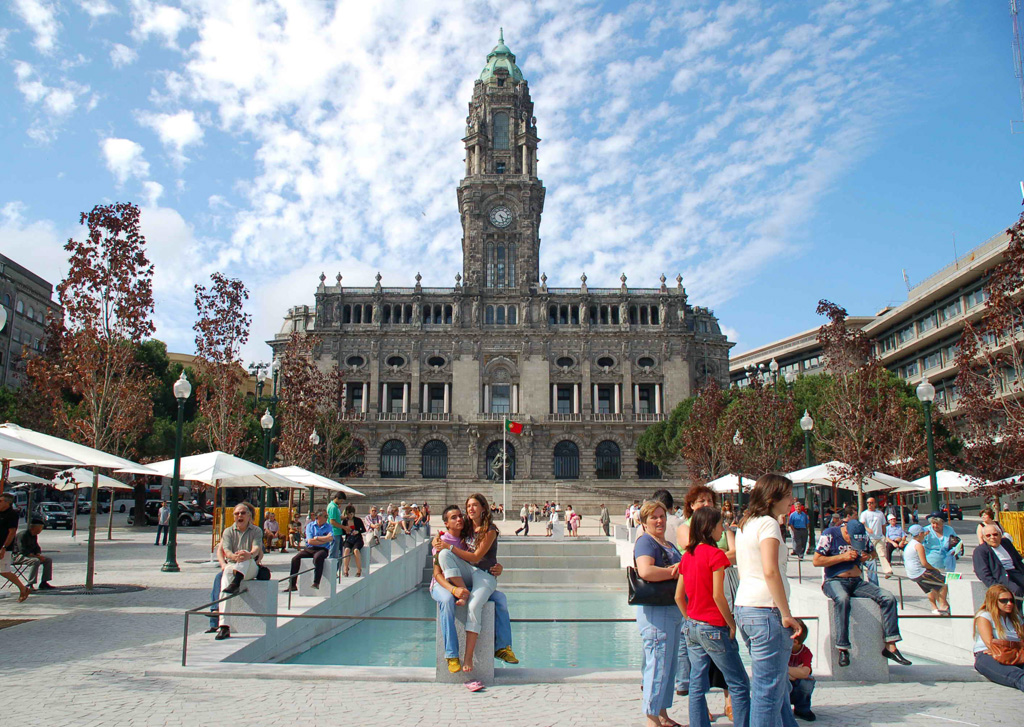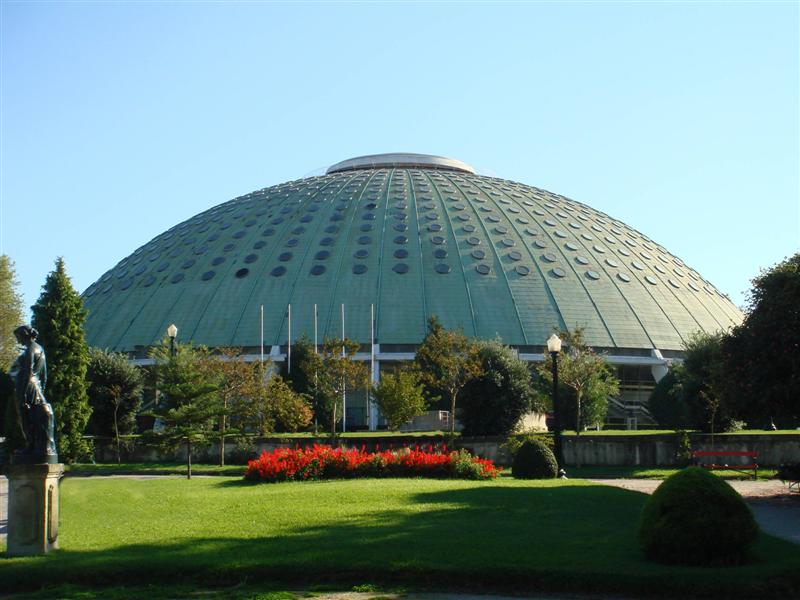|
19h00-23h00
|
Conference Dinner
S. Bento da Vitória
(Buses depart from FEUP at 18h00)
|
At the very heart of old Porto, in Vitória parish, the São Bento da Vitória Monastery – a classified National Monument since 1977 – is one of the municipality’s most important religious buildings.
It used to stand behind the city’s walls, by Porta do Olival, occupying a part of the old Jewish quarter. Currently, it is part of Cordoaria, close to the former Cadeia da Relação, an old prison building that now hosts Centro Português de Fotografia.
In the late 1500s, after a series of difficult negotiations, the monks of the old Benedictine Congregation decided to build the Monastery, as both a sign of monastic presence and a support for clerics travelling from North to South and vice-versa. At the time, the city of Porto was a seat of illustrious monks and the Monastery soon became an important monument, due to its architectural grandiosity and to the monks’ work, especially in the field of music and singing, of which they created here a veritable school, as the Church’s magnificent organ still shows. After the necessary royal authorisation had been granted, in 1598, a project was commissioned from architect Diogo Marques Lucas, a former disciple of Filippo Terzi.
Construction began in 1604, and went on until the end of the century. The adjacent church was built in 1693, but its interior decorations were only concluded at the end of the 18th century. This drawn-out process is reflected on both the architecture, which combines Mannerist and Baroque typologies, and on the Church’s ornamentation, which features important pieces from different periods in Portuguese art history.
The foundation stone of the Major Cloister was laid in 1608. The Cloister, a monumental granite structure, was finished during the 1725-1728 triennium. The magnificent monastic house would, however, know troubled times.
In 1808, during the Peninsular War, the Monastery was turned into a Military Hospital, and in 1835, after the Religious Orders’ expulsion, it became a Military Court and Prison, besides housing the 31st Infantry and Engineer Corps. From 1985 to 1990, IPPAR [the Portuguese Institute of Architectural Heritage] subjected the Monastery to restoration works (overseen by architects Carlos Guimarães and Luís Soares Carneiro), which preserved the building’s original structure and several architecturally valuable elements, while preparing it to house a Benedictine congregation, along with the Porto National Orchestra and Porto District Archives. Under the auspices of Porto 2001 – European Capital of Culture, the Major Cloister was covered with an acoustic shell, a steel structure on four pillars, and received a wooden floor.
|




